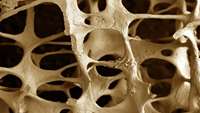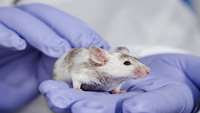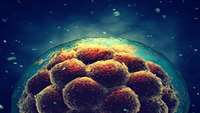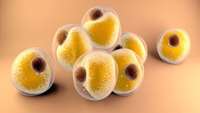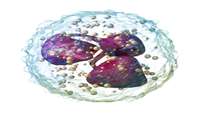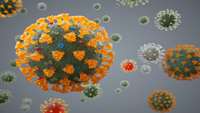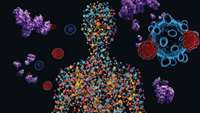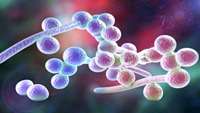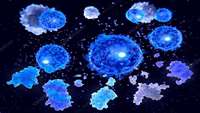Delivery of healthy donor cells key to correcting bone disorder, researchers find
Osteogensis imperfecta (OI) is a group of genetic disorders that mainly affect the bone. Patients with OI have bones that break easily, sometimes with no apparent cause.
New stem cell discovery could accelerate MND research
The discovery, made by groups at the University of St Andrews and the University of Edinburgh, shows that “glial cells", which normally support neurons throughout the brain and spinal cord, become damaging to motor neurons in Motor Neuron Disease (MND).
Researchers develop more efficient approach to create mouse models
Genetically engineered mouse models are often used by scientists to study how the addition, deletion or mutation of genes affects the development of disease and effects of drugs.
Scientists find easier way to harvest healing factors from adult stem cells in the lab
A research team at Nanyang Technological University, Singapore (NTU Singapore) has found an easier way to harvest healing factors—molecules that promote tissue growth and regeneration—from adult stem cells.
Scientists develop new method for targeted drug delivery to cancer cells
A team of scientists from Peter the Great St.Petersburg Polytechnic University (SPbPU) together with their colleagues developed a method of targeted drug delivery to cancer cells.
By fighting the direction of the blood flow, white blood cells forge a faster route to battle infections
When the immune system detects a foreign pathogen, a cascade of chemical signals call white blood cells to the scene.
Venture-backed Celularity receives FDA approval for early trials of a new cell therapy for COVID-19
Celularity, the venture-backed developer of novel cell therapies for cancer treatments, has received an initial clearance from the Food and Drug Administration to begin early-stage clinical trials on a potential treatment for COVID-19
Transition to exhaustion: Clues for cancer immunotherapy
Research on immune cells "exhausted" by chronic viral infection provides clues on how to refine cancer immunotherapy. The results are scheduled for publication in Immunity.
Innovative, simple treatment to combat the Candida Albicans fungus
A study led by the UPV/EHU has developed an innovative, simple treatment based on uterine stem cells to combat the Candida albicans fungus, responsible for vaginal candidiasis.
Targeting stem cells that drive aggressive blood cancer
Peter Mac scientists have found a way to target acute myeloid leukemia (AML) at its source—a discovery that could yield a more effective treatment for this aggressive and often incurable blood cancer.


